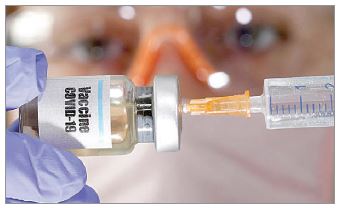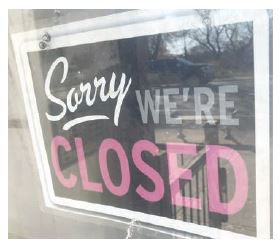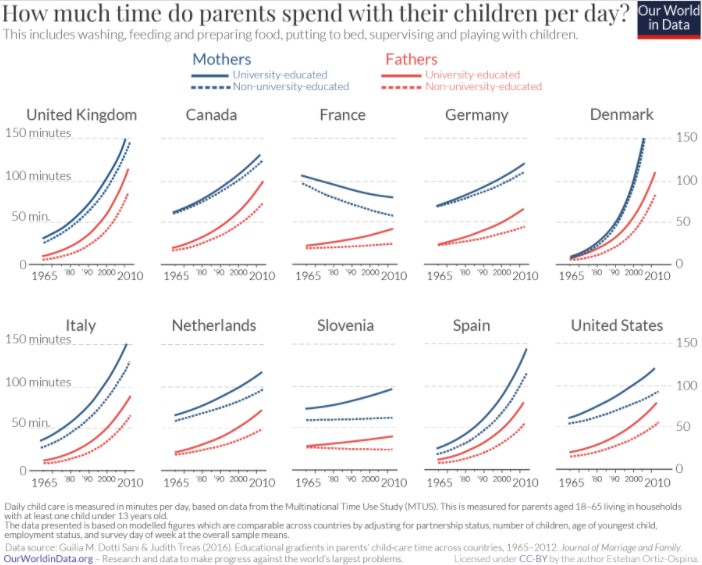TORONTO – Based on Canada’s Covid-19 vaccination rate, the country falls far behind other leading nations. Out of the 2.4 million doses of both Pfizer and Moderna vaccines distributed across the nation, as of February 26, only 2.86% of the population have received at least one dose, according to data from Health Canada.
Canada’s rate is far inferior when compared to the US data available through the Centre for Disease Control. Approximately 14.6% of the American population have received at least one shot. Furthermore, Canada is also lagging in Covid-19 vaccinations for seniors. A 2021 report by CanAge, an organization that advances the rights and well-being of older Canadians, gives Canada a “failing grade” (D-), when it comes to vaccinating seniors.
The “first of it’s kind report”, Adult Vaccination in Canada – Cross-Country Report Card 2021, assesses how effective each province and territory funds and makes accessible vaccines for older adults.
While the report does not centre on Covid-19, it highlights the importance of “core vaccines” among older adults and how critical it is for the health of vulnerable groups to have access to disease preventing vaccines. Influenza, pneumonia and shingles are three of the top preventable illnesses.
Yet, it is estimated that only 3% of Canada’s more than 6.8 million seniors are vaccinated against these types of illnesses, putting the greater majority at risk of severe health outcomes.
For example, Heath Canada estimates that the flu and its complications cause approximately 3,500 deaths each year. In 2019, Statistics Canada indicated influenza and pneumonia as the leading cause of death for about 6,900 Canadians, 89% of which were over the age of 65.
Where Covid-19 is concerned, it remains a serious health risk to seniors.
Access to a coronavirus vaccine could be the difference between life and death for older more vulnerable populations; therefore, the urgency to extend vaccination efforts to these groups in the broader community.
Some would argue that Canada’s low rate is a result of the slow roll-out and the fact that the Nation is at the mercy of foreign producers.
Now, as more shipments arrive in the country and vaccination efforts scale up, many more Canadians will get the opportunity to receive their shot.
But it is not a “come one, come all” program yet for anyone who wants a vaccine.
For most of the country, vaccination priority has included key groups such as frontline healthcare workers and older adults living in long-term care homes or group settings. Those outside of key priority groups like seniors aged 65+ must wait their turn in line.
In Ontario, it will take much longer for inoculations to reach residents in that group. The Province will only begin vaccinating the general population aged 80+ on March 15. A few select public health units in the province will begin inoculating some eligible seniors before then.
There is hope that the timeline will improve as more product becomes available. On Friday, Health Canada approved the Oxford- AstraZeneca vaccine, shown to have a 62% efficacy against symptomatic Covid-19 cases.
Including shipments from Pfizer, Moderna and the newly approved AstraZeneca vaccines, Prime Minister Justin Trudeau said at a press conference on Friday that Canada is expected to receive over 6.5 million doses by the end of March.





